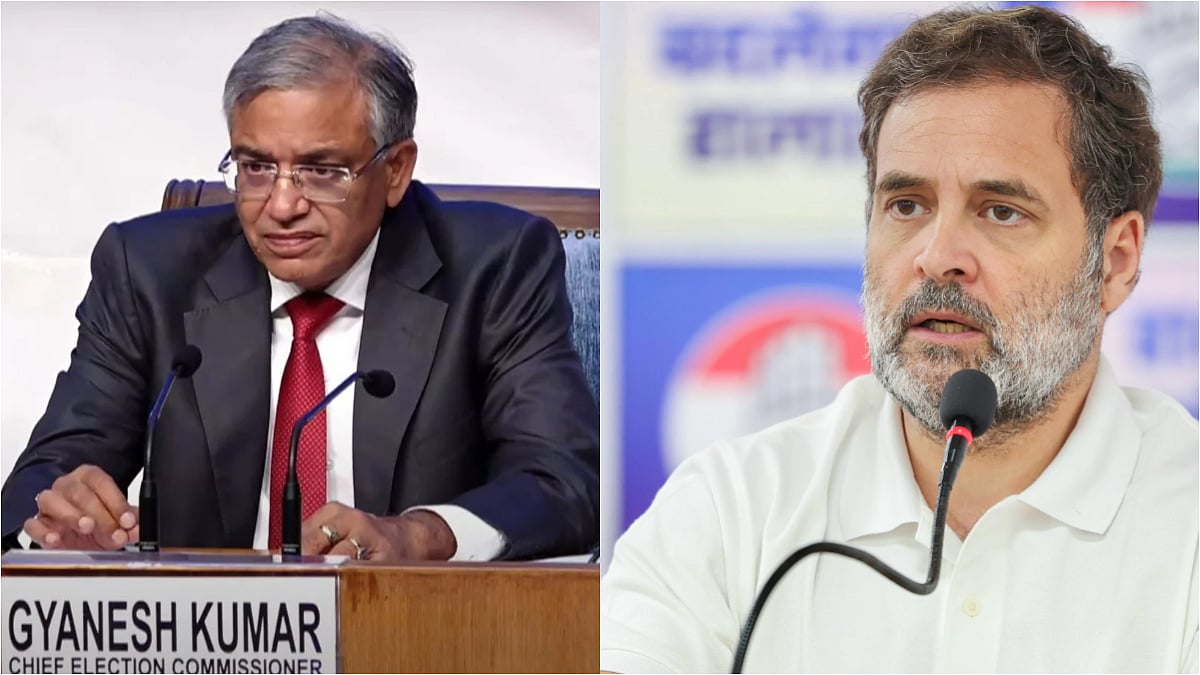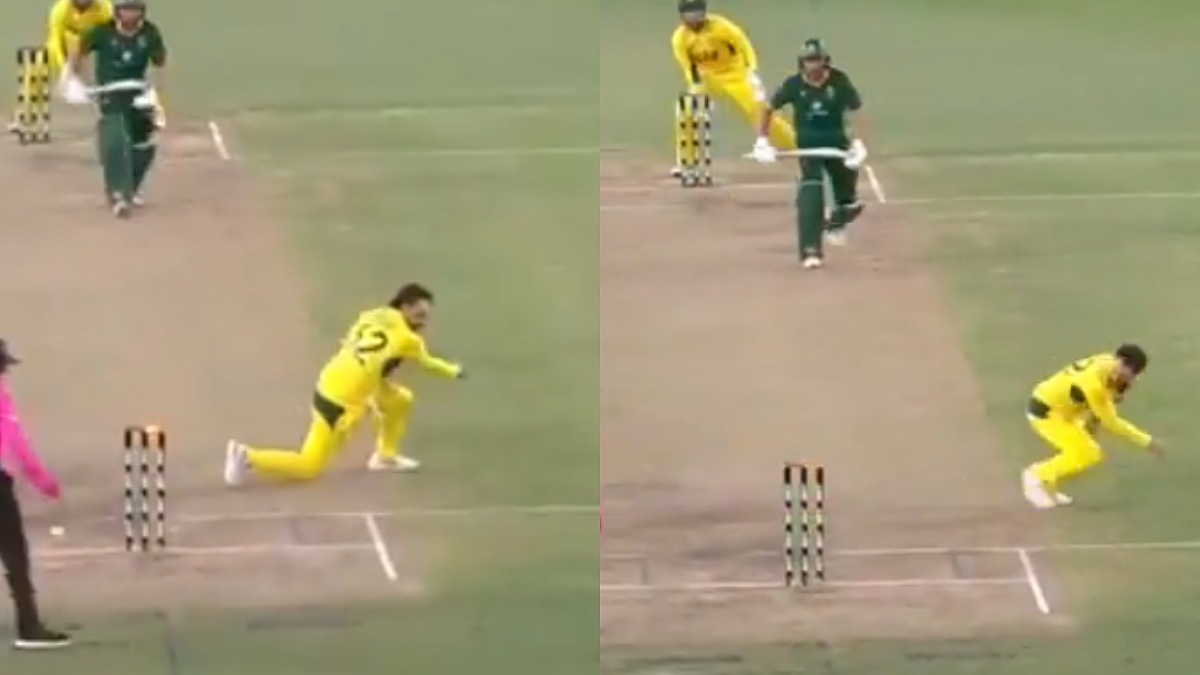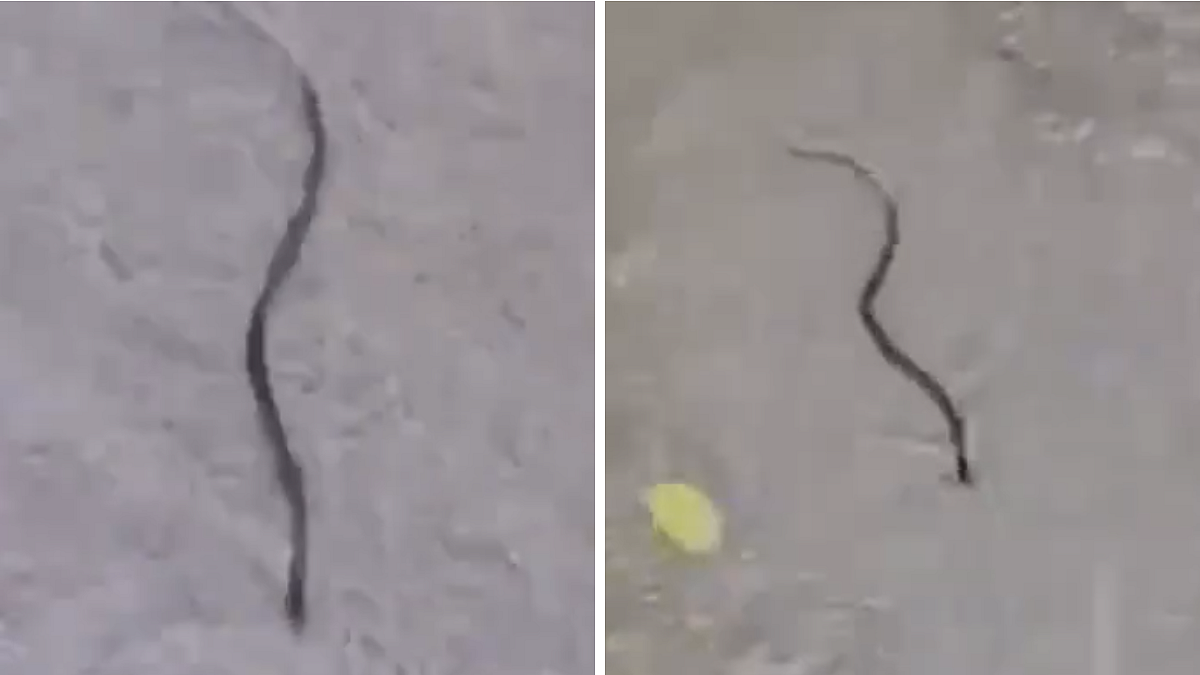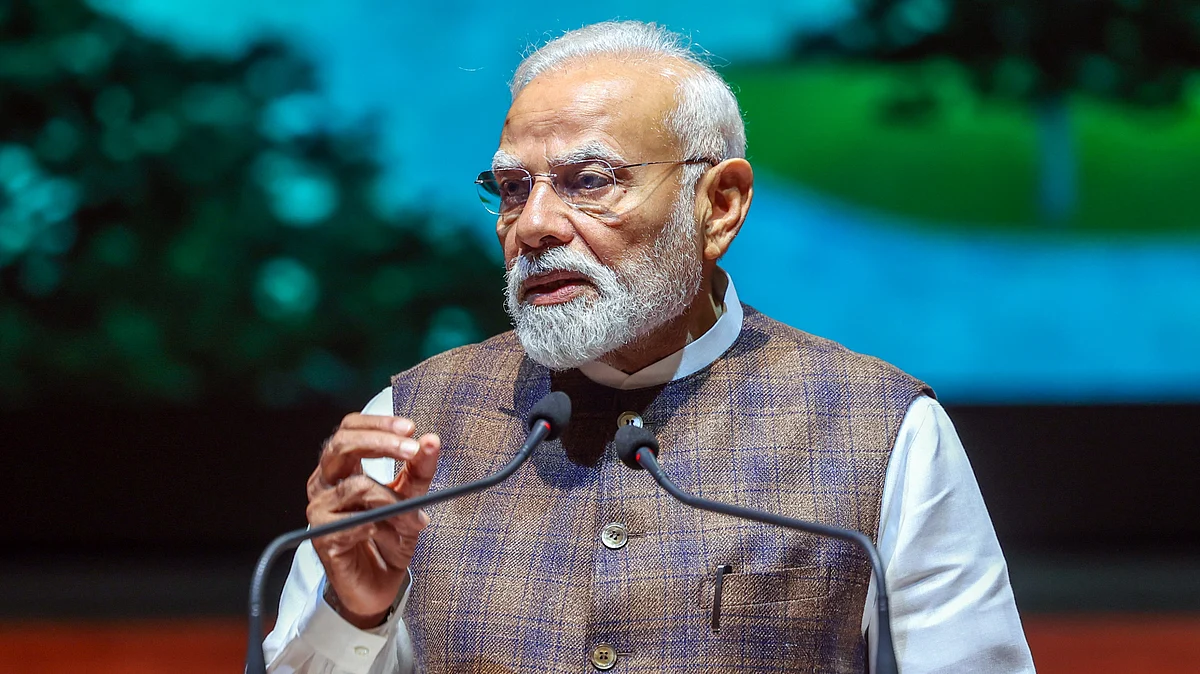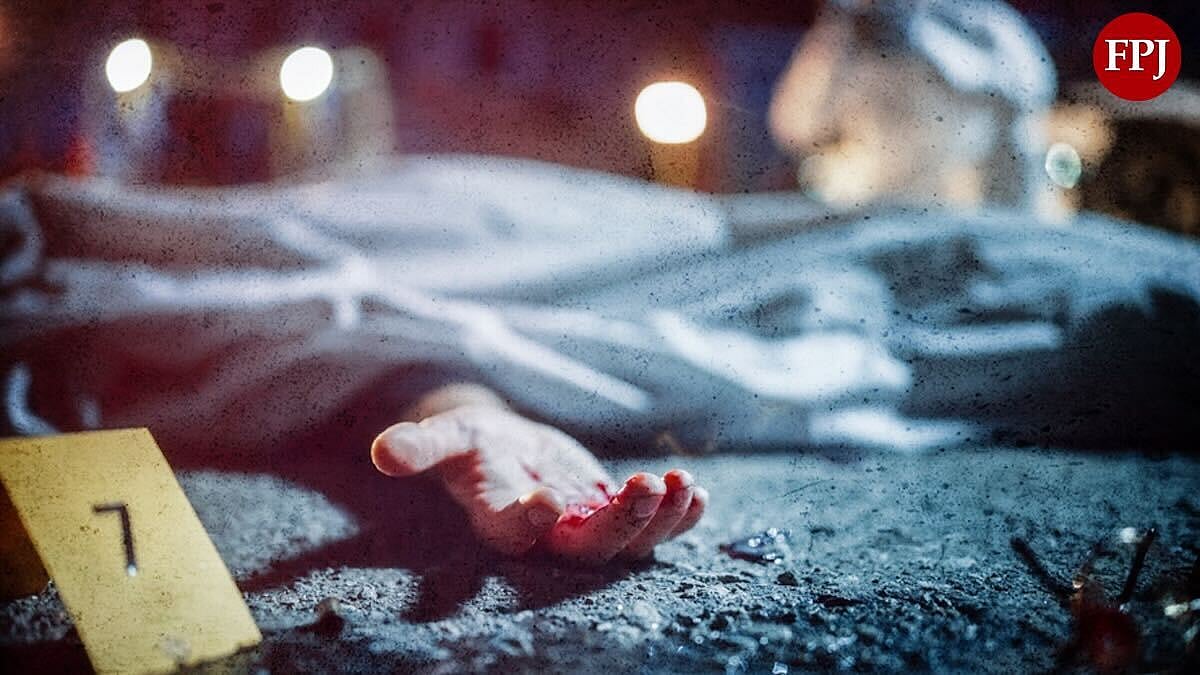As the INDIA bloc raises questions about alleged “vote chori” and even hints at an impeachment motion against Chief Election Commissioner Gyanesh Kumar, Free Press Journal’s Executive Editor Afrida Rahman Ali sat down with veteran journalist, author and documentary filmmaker Paranjoy Guha Thakurta. In this candid discussion, they explore the unanswered questions, the silence of the Election Commission, and the growing political storm.
Q: Paranjoy, this debate has gone viral. Why do you think the Election Commission remained silent while political leaders, particularly Devendra Fadnavis, were answering on its behalf?
A: Viewers can watch the full Election Commission press conference online—it lasted from 3:00 pm to 4:30 pm on Sunday. But let me be clear: CEC Gyanesh Kumar did not answer crucial questions. He did not explain why there were 40 lakh new voters added in Maharashtra in just five months. Nor did he clarify why the Chief Minister and party spokespersons were speaking on behalf of the EC. Instead, he deflected by saying complaints should have been made earlier, not eight months after the elections.
Q: Did he address the allegations about voter rolls showing more registered voters than actual eligible citizens?
A: No, he avoided that. He gave technical replies—for example, about people being registered in multiple states, but not actually voting multiple times because that would be illegal. He also defended the timeline for making electoral rolls machine-readable only after the Supreme Court order. But the key concerns—like inflated voter lists—were left unanswered.
Q: Rahul Gandhi has alleged that the poor man’s last right—the vote—is being snatched. How do you view this politically charged statement?
A: That’s the Congress interpretation of the CEC’s stance. Rahul Gandhi argued that if 1.5 lakh voters are alleged to be fake, notices shouldn’t be issued arbitrarily without proof. He sees the Commission’s affidavit demand as a veiled threat. It’s important because this issue strikes at the very core of democracy—people’s faith in their vote.
Q: There’s also the question of why the Special Intensive Revision (SIR) of voter lists is being done in such a hurry. What’s your take?
A: Exactly—that was my question. Why now, during peak monsoon season in Bihar, when floods are displacing villages? The Commission says it must be completed before elections. But they already conducted a summary revision in January. Why wasn’t this addressed then? Doing it in such haste raises doubts.
Q: Some experts, including Prashant Kishor, argue that the EC is hiding behind “privacy” concerns to avoid releasing digital data. Do you agree?
A: I do. The EC claimed that sharing machine-readable data or CCTV footage would breach voter privacy. But as Kishor pointed out, voter rolls are already public documents. Making them searchable only increases transparency. Comparing it to invading someone’s bedroom is a flawed argument. Polling booths are public spaces. This “privacy” excuse is more of a smokescreen.
Q: The INDIA bloc is even considering moving an impeachment-like motion against the CEC. How unprecedented would that be?
A: Extremely unprecedented. We’ve seen attempts to impeach judges, and even the Vice President in the past, but never a Chief Election Commissioner. If this happens, it will be a political earthquake. Remember, Gyanesh Kumar took office only in February this year. His first press conference came unexpectedly on a Sunday afternoon—exactly when Rahul Gandhi and Tejashwi Yadav launched their yatra. The timing itself adds fuel to suspicions.
Q: Finally, what happens next?
A: We wait. The final voter list will be out in early September. The Supreme Court will continue hearing the case. Political parties will intensify their campaigns. Whether impeachment proceedings move forward or not, one thing is clear—the Election Commission’s credibility is now under serious public scrutiny.
Also Watch:
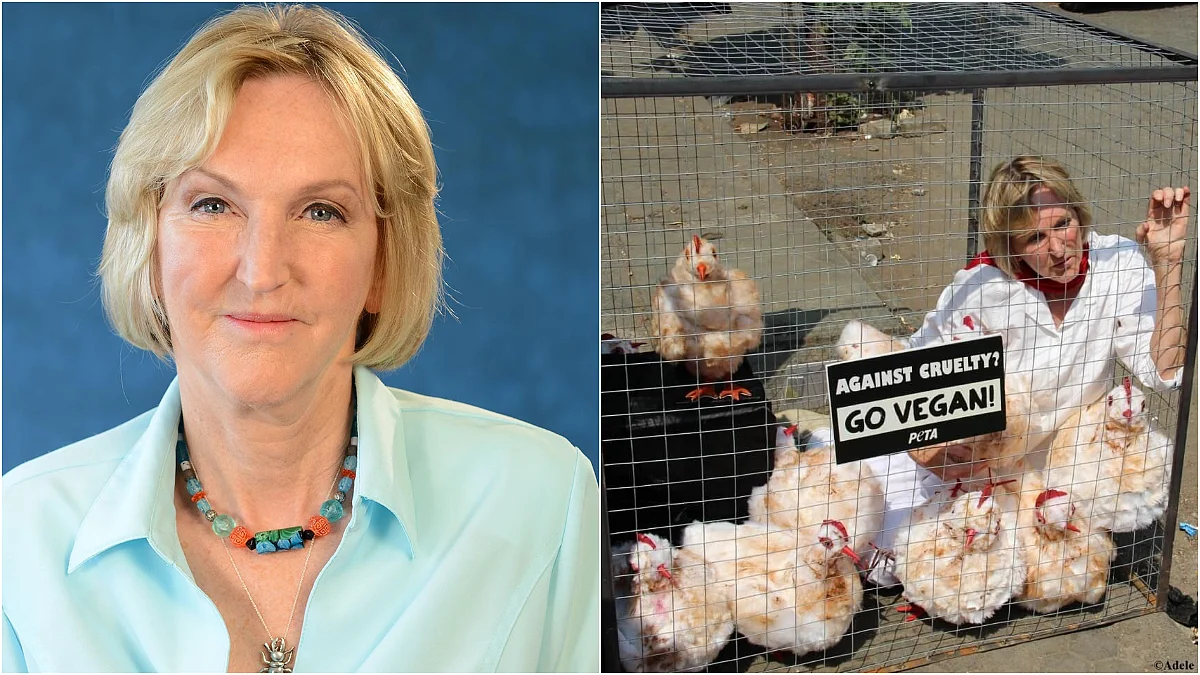
This explosive debate shows how electoral rolls, affidavits, and “vote chori” claims are no longer just technical issues—they’ve become the frontline of India’s political battle. As Paranjoy Guha Thakurta stresses, the coming weeks will decide whether this controversy remains a legal tussle or explodes into a constitutional crisis.
